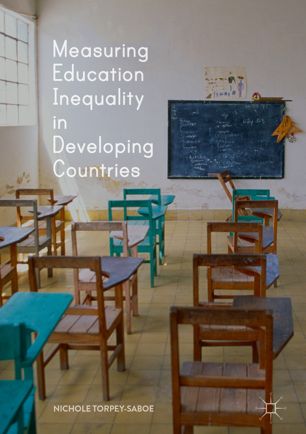

Most ebook files are in PDF format, so you can easily read them using various software such as Foxit Reader or directly on the Google Chrome browser.
Some ebook files are released by publishers in other formats such as .awz, .mobi, .epub, .fb2, etc. You may need to install specific software to read these formats on mobile/PC, such as Calibre.
Please read the tutorial at this link: https://ebookbell.com/faq
We offer FREE conversion to the popular formats you request; however, this may take some time. Therefore, right after payment, please email us, and we will try to provide the service as quickly as possible.
For some exceptional file formats or broken links (if any), please refrain from opening any disputes. Instead, email us first, and we will try to assist within a maximum of 6 hours.
EbookBell Team

4.4
102 reviewsThis book constructs a measure of education inequality using time-series cross-national data and utilizes real-world examples based on author interviews. It provides insights into how classic trade theory might be applied more broadly to generate expectations not only about income distribution, but also about investment in human capital. The project explores the ways in which global trends toward urbanization and democratization might be expected to impact education inequality. The author addresses contemporary issues in politics, such as growing income inequality, the backlash against globalization and free trade, and concerns that democratic institutions are elite-dominated and unresponsive to the needs of common citizens.